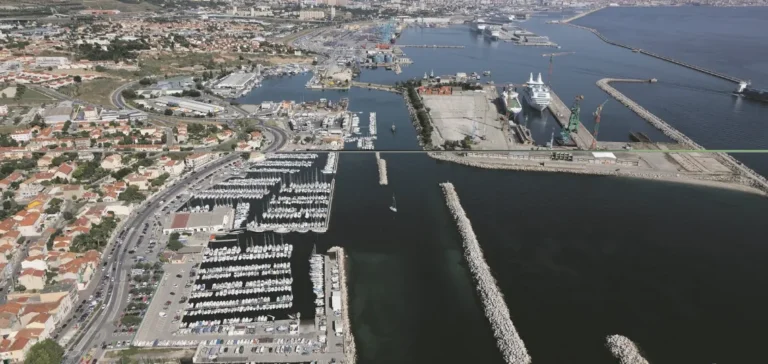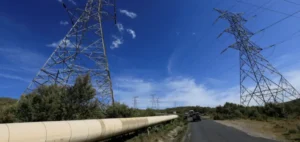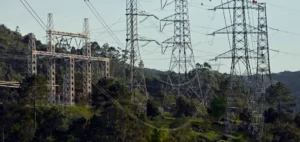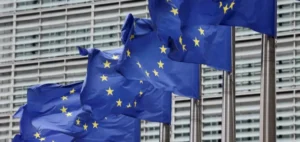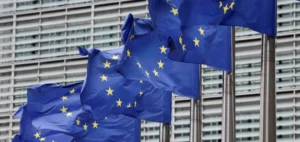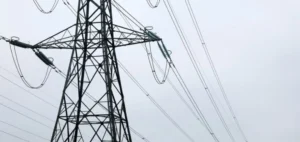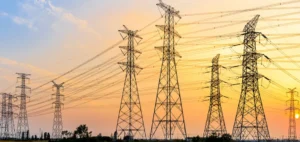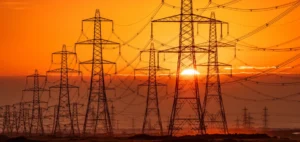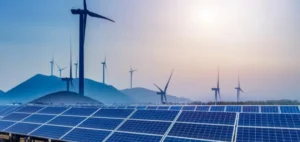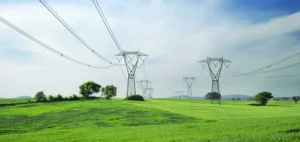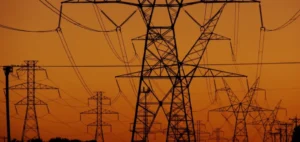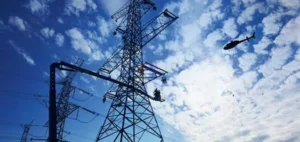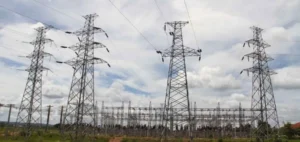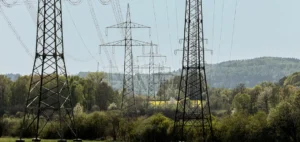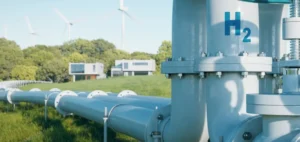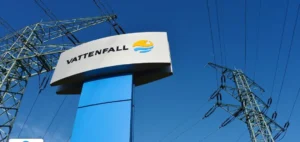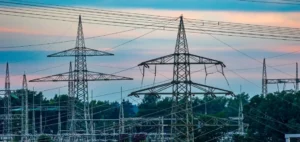Électricité de France (EDF) and the Italian group Marcegaglia Steel have signed a letter of intent for a nuclear electricity production allocation contract, set to cover half of the energy needs over ten years for the future industrial site in Fos-sur-Mer. The signing was formalised during the conference titled “Decarbonisation, Competitiveness, Sovereignty”, attended by Antonio Marcegaglia, Chairman of Marcegaglia Steel, Marc Benayoun, Executive Director of EDF Group responsible for Clients, Services & Territories, and Bernard Fontana, CEO of EDF. The electricity supply will begin in 2029.
Major industrial project in Fos-sur-Mer
Marcegaglia plans to invest more than €750 million in the Fos-sur-Mer steel site, previously owned by Ascometal and acquired in 2024. This investment aims to significantly expand the production capacities, increasing output from 150,000 tonnes of steel per year to 2.1 million tonnes, with a potential extension to 2.5 million tonnes. Operations are scheduled to begin in mid-2028.
The work will involve modernising facilities, including reinforcing the electric furnace capacity, setting up a continuous slab-casting system, and installing advanced equipment for hot coil rolling. Designated as a project of major national interest, its execution is subject to obtaining the necessary administrative approvals as well as securing stable and competitively-priced energy supply.
Securing competitive energy
The letter of intent results from extensive discussions between EDF and Marcegaglia in recent weeks. It aims to ensure a long-term, stable supply of low-carbon and competitive nuclear electricity, essential for economic viability and investment visibility for the industrial site.
Attending the signing ceremony, French Minister for Industry and Energy Marc Ferracci described this partnership as a “territorial project”. He stated: “There is a future for this essential industry that is steel,” adding that this agreement represents “a contract for the future and competitiveness,” thus ensuring long-term industrial growth in the area concerned.


